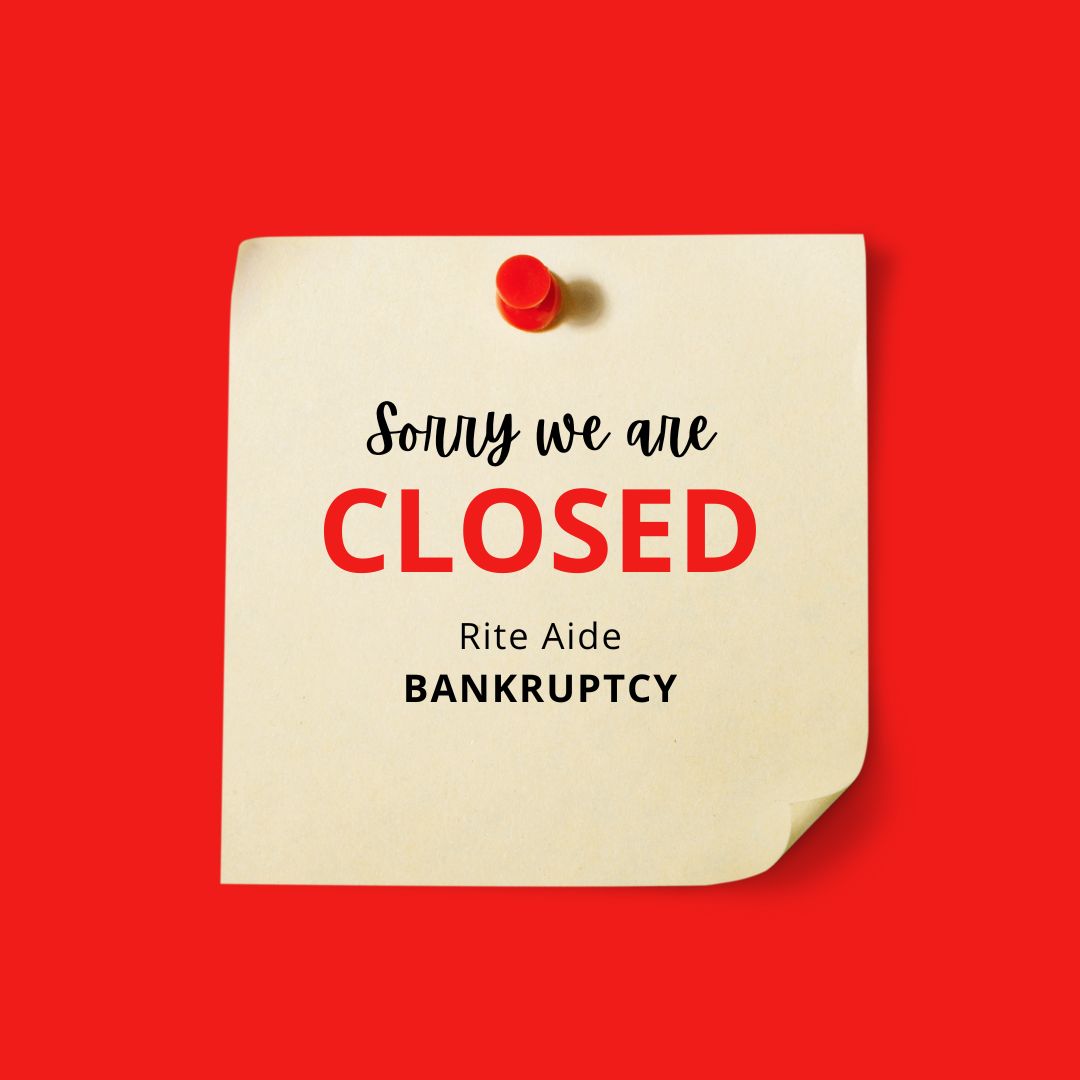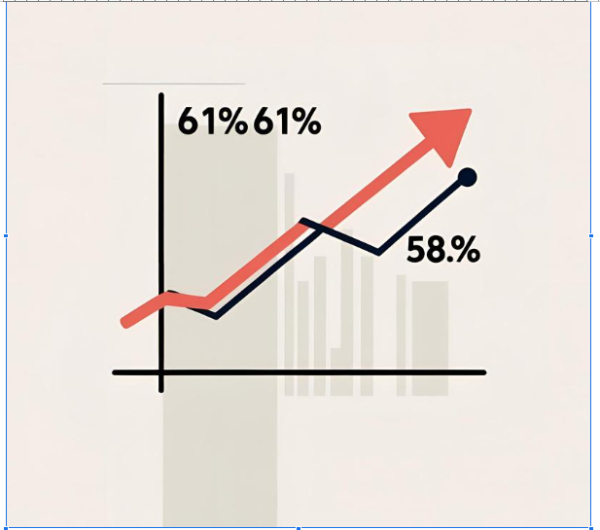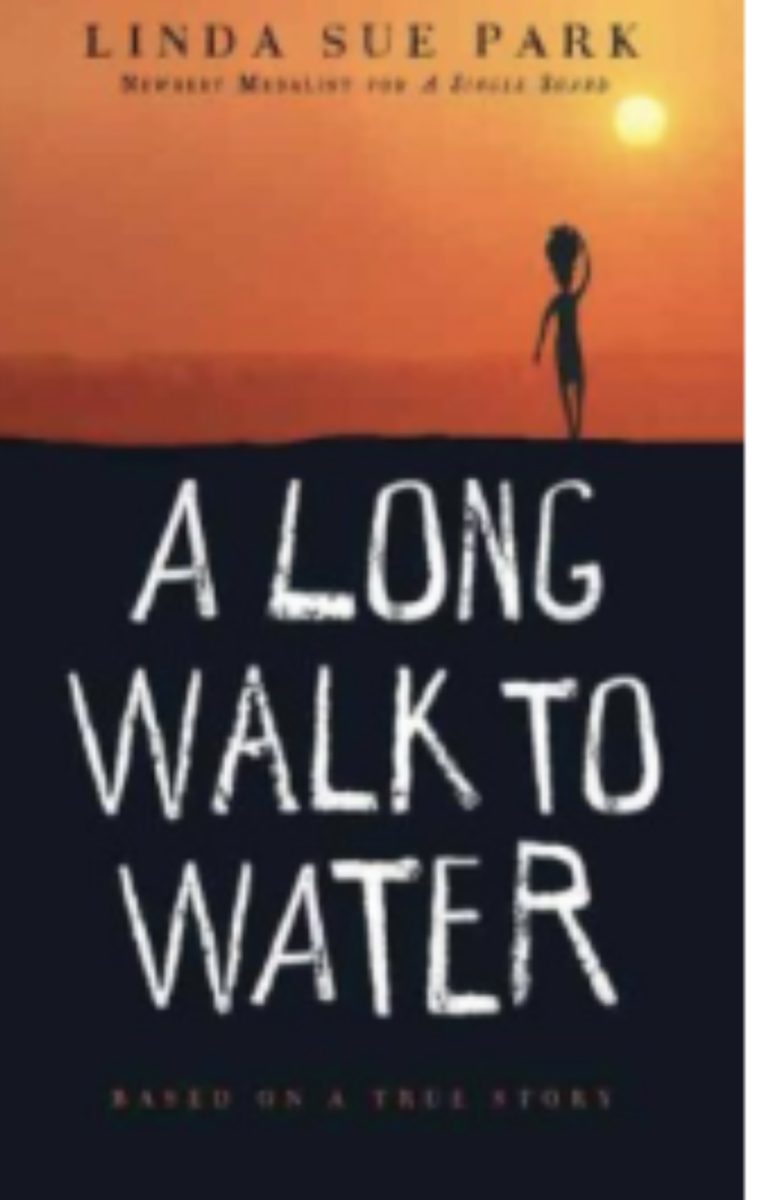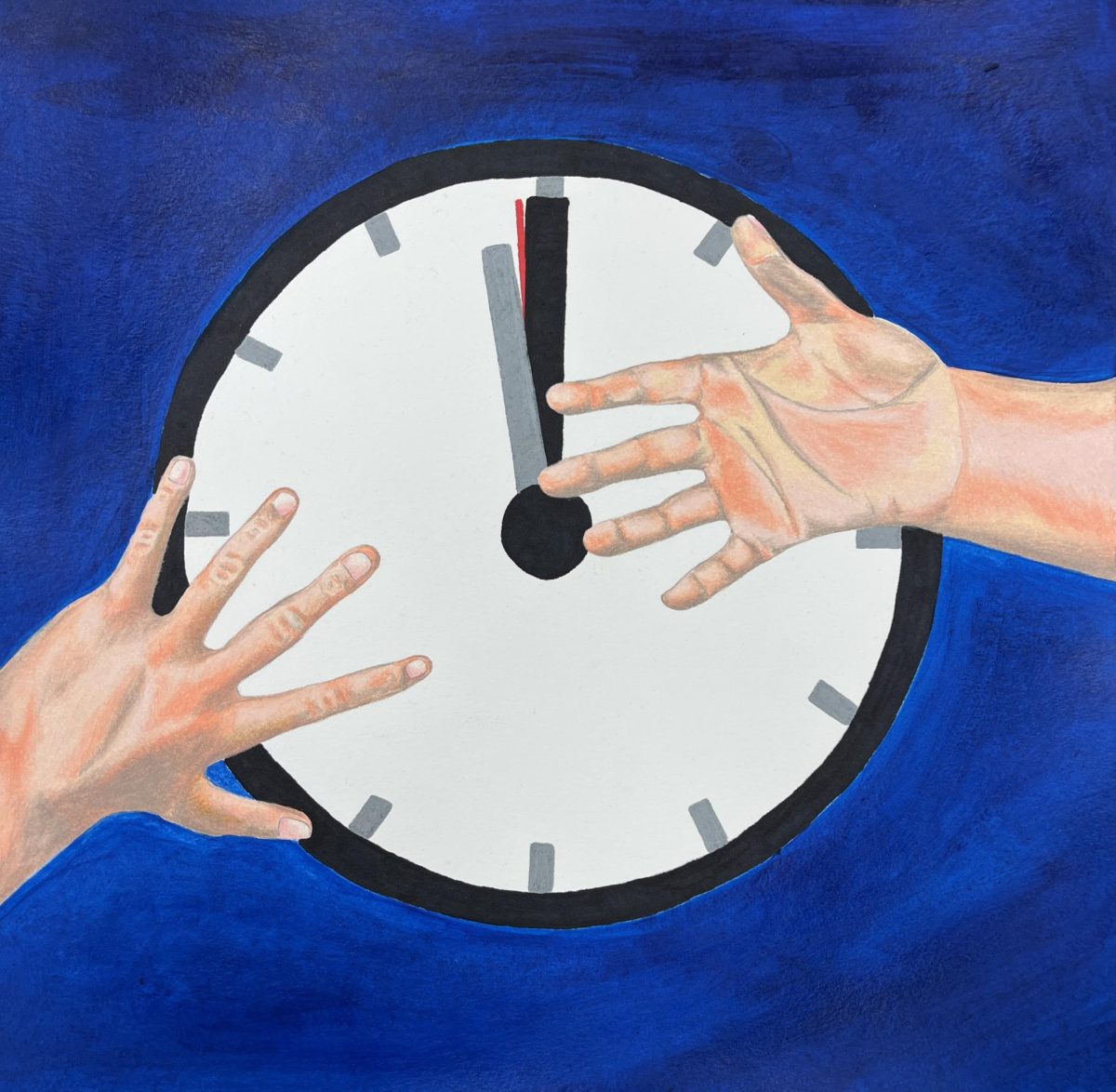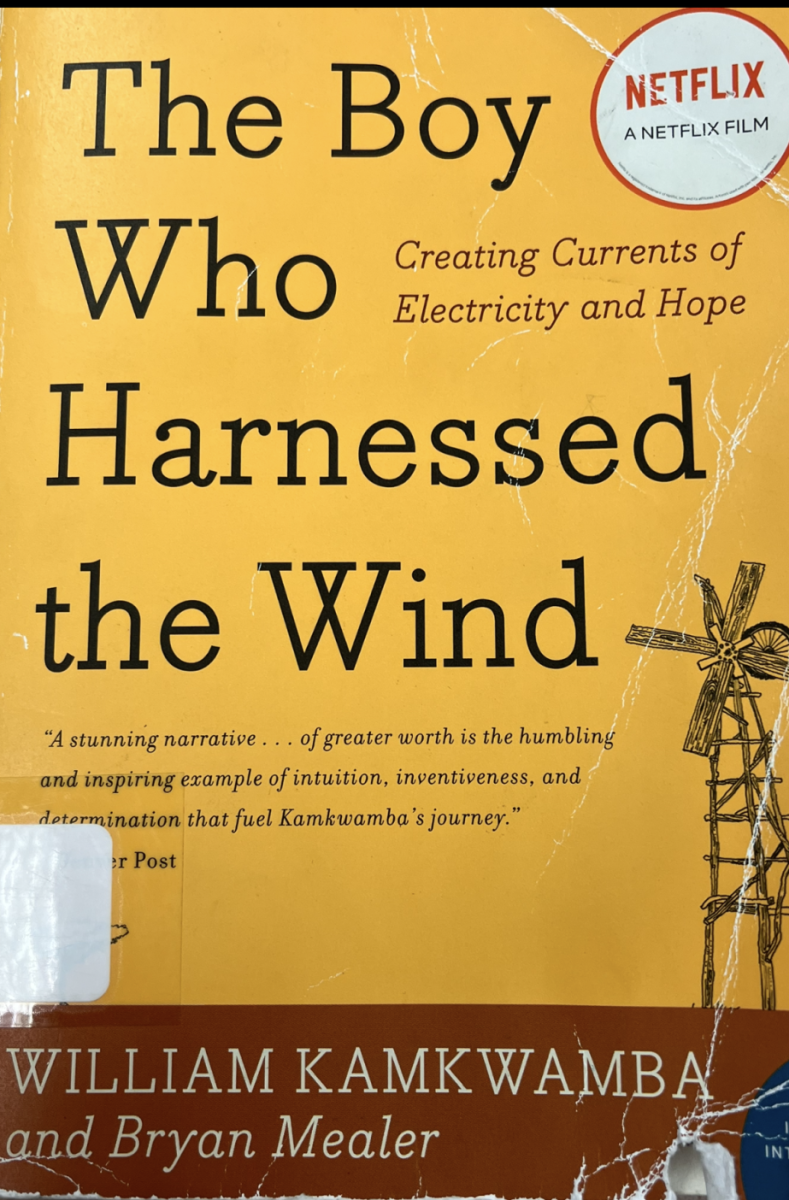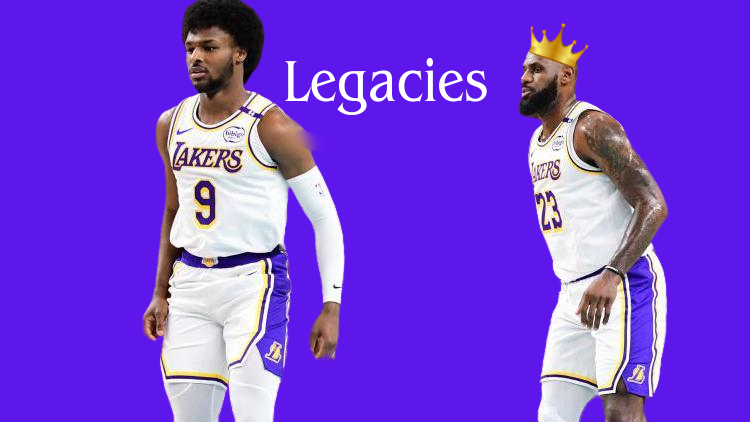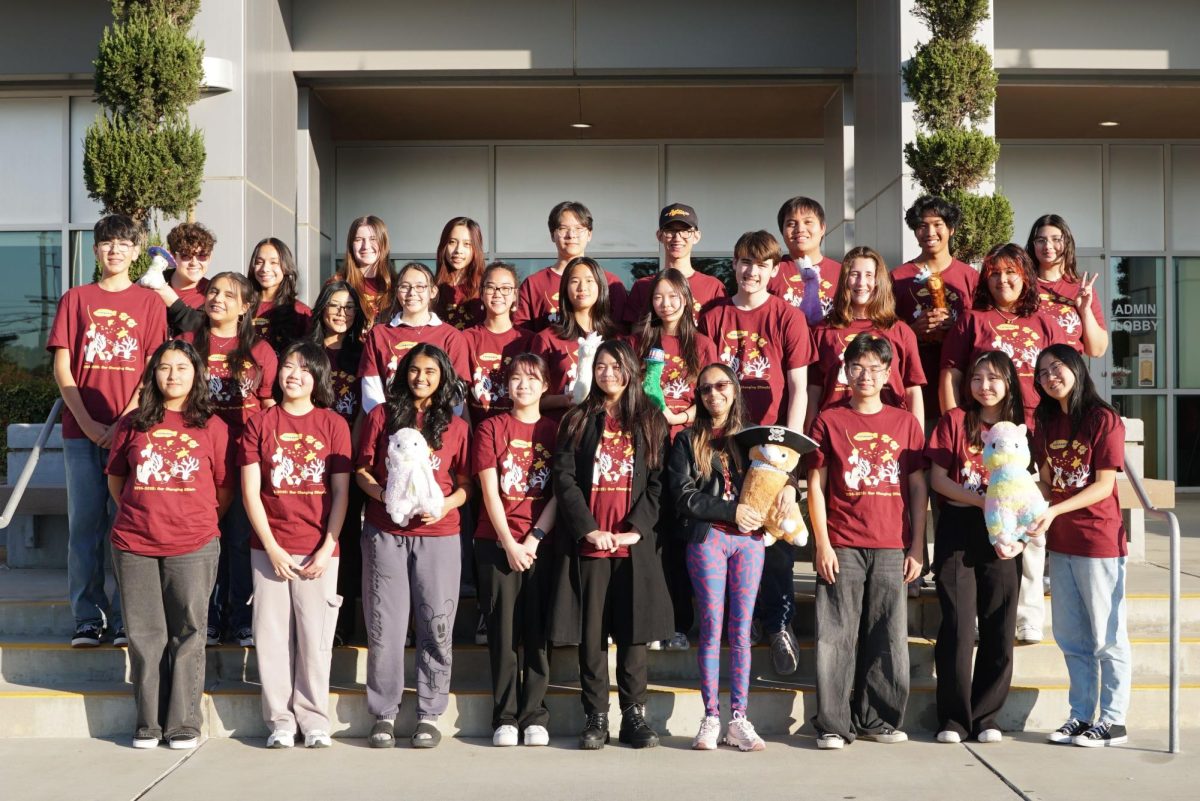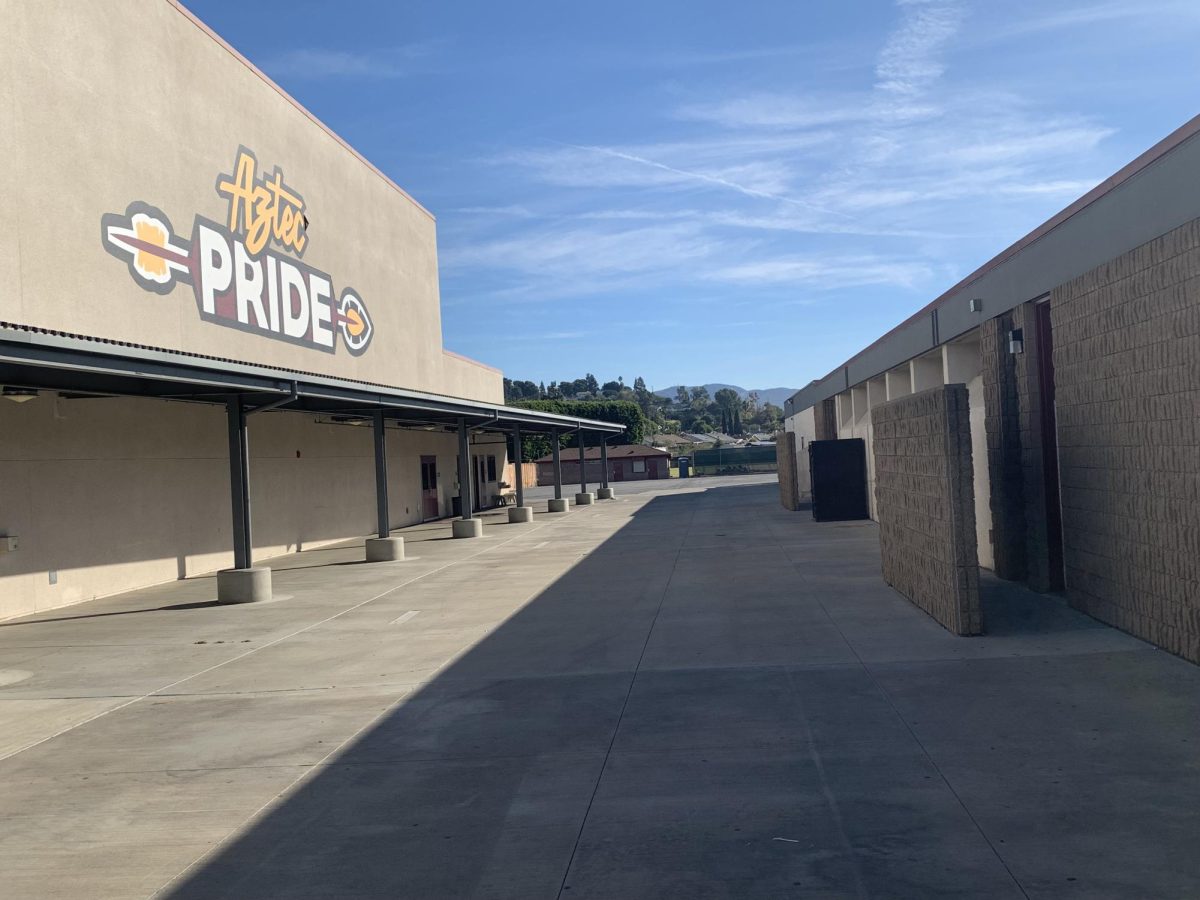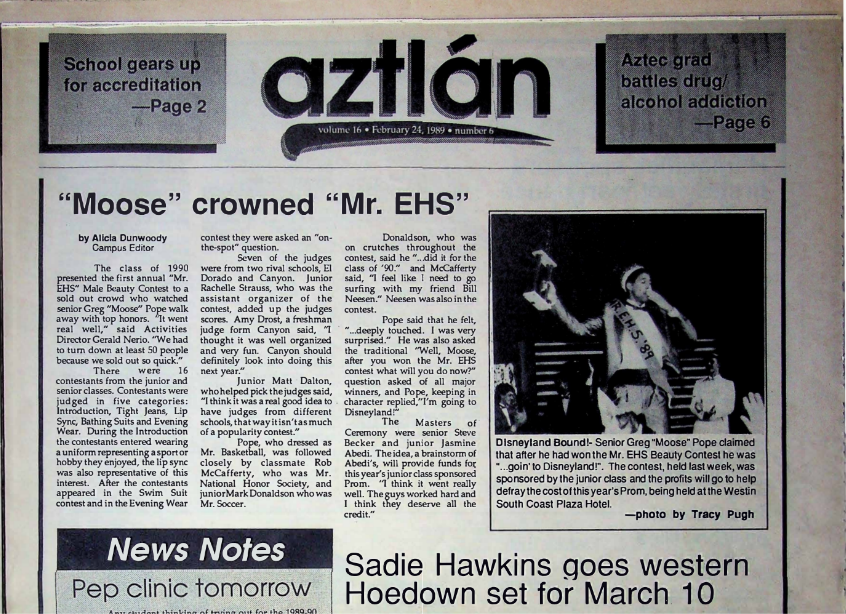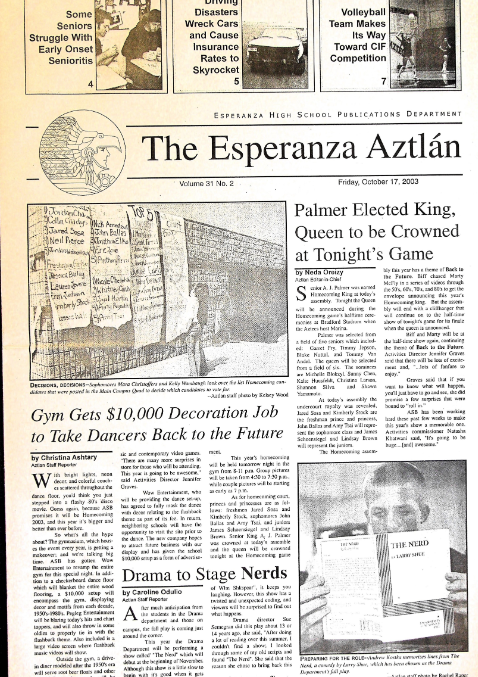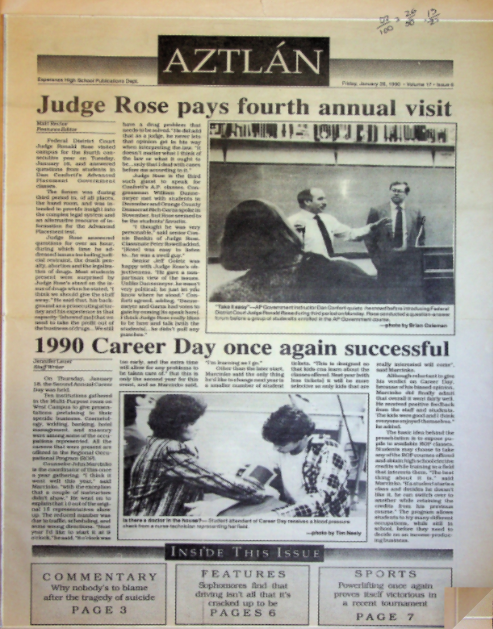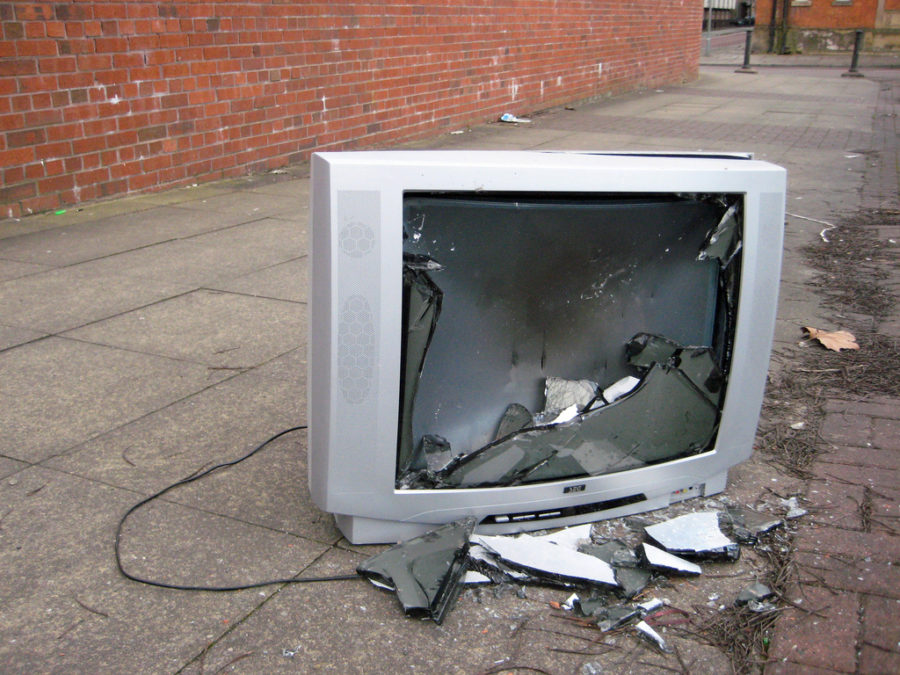The evolution (or death) of TV
For Netflix, movie viewership came first and foremost. From DVD sales and rental to now-popular streaming, Netflix has been in the cinematic game for just over 20 years, inspiring many other similar services like Hulu and Amazon Prime.
The company’s most prominent endeavour exists in the form of “Netflix Originals,” a name given to a television series or movie created or otherwise produced by Netflix; “House of Cards” was the first such Original, premiering in. These originals, though almost countless in number, now contain some of the most popular shows and movies of the time; television series “Stranger Things” has had audiences obsessed for a year and a half, and movie “Mudbound” is currently nominated for four Academy Awards.
Such commercial success as this begs the question: where do we go from here?
Streaming-site originals like those above are different from normal media in that not everybody can access them; where movies are a one-and-done payment (or five-and-done, if it’s really that good), streaming sites require continued payment for access to their content. This creates a larger buffer between the public and the media they so long to view.
A similar buffer is also seen between individual members of the public and, well, other individual members of the public. Theater viewings are best in groups, and the immediacy of the viewing is a crucial aspect of the enjoyment; after seeing it, you know that you have people you can talk to about it because they watched it with you.
However, this only delayed their inevitable success (see above); the originals would have been popular much earlier had they been on a regular television network.
This returns us to the original question of where we go from here, or, more specifically, how the entertainment industry is affected by this newest type of media. Most likely, a separate festival or awards system, like the Sundance Film Festival, will be focused on works produced by online services.
It’s unclear whether streaming originals will contribute to the evolution of media as an industry through innovation and accessibility, or to its death through isolation and asociality, but in the short-run, at least we’ll probably get a new film festival, and that’s what really matters.



